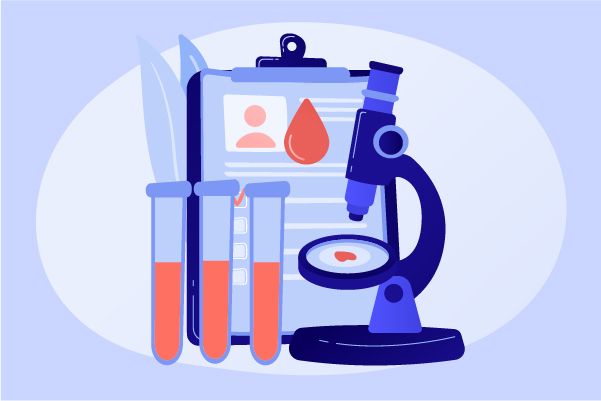Childhood Stem Cell Transplant Enhances Quality of Life for Sickle Cell Patients Decade Later
Title: Improved Outcomes in Sickle Cell Disease for Transplant Recipients Compared to Standard Care
SAN DIEGO, Dec. 10, 2024 /PRNewswire/ -- A decade-long study has revealed that children with sickle cell disease (SCD) who underwent stem cell transplantation exhibited superior quality of life and cognitive performance compared to their peers treated with ongoing transfusion therapy and hydroxyurea. This significant finding was presented at the 66th Annual Meeting of the American Society of Hematology (ASH).
The study, known as DREPAGREFFE-1, conducted between 2010 and 2013 in France, marked the first systematic comparison of allogeneic stem cell transplantation versus traditional care methods for young SCD patients. Through one, three, and now ten years of follow-up, evidence continues to highlight the benefits of stem cell transplantation in minimizing complications and enhancing overall prognosis for those with SCD.
Lead researcher Dr. Françoise Bernaudin from Hôpital Intercommunal de Créteil reported, "Patients who received stem cell transplants showed improved physical, social, and educational performance. They excelled in physical activities, achieved higher educational levels, were less anxious, and faced fewer memory challenges compared to those on prolonged transfusion therapy and hydroxyurea."
SCD, a genetic disorder affecting red blood cells, obstructs blood flow and reduces oxygen delivery, resulting in acute pain and chronic complications. One severe complication is high cerebral arterial velocities, which suggest possible stenosis and increased stroke risks.
During DREPAGREFFE-1, 67 children aged 5 to 15 received regular blood transfusions to manage abnormal cerebral velocities. Among them, 32 children with suitable sibling donors received transplants, whereas 35 continued with transfusions and subsequently switched to hydroxyurea, contingent on normalized cerebral velocities. Initial assessments at one and three years indicated notable improvements in various health measures for transplant recipients.
Over the next several years, participants underwent clinical evaluations, brain scans, and assessments of quality of life and cognitive capacities. At the ten-year mark, those who had received transplants reported significantly higher scores in physical, school, and social functioning, alongside better cognitive scores in working memory and processing speed assessments. No notable differences emerged in terms of verbal comprehension or emotional wellness.
The study also evaluated silent cerebral infarcts (SCIs)—small, symptomatic brain strokes considered indicators of worsening SCD. Initially present in 18 participants, five additional SCIs appeared in the non-transplant group over ten years, while none developed in the transplant cohort.
These comprehensive findings suggest the promise of stem cell transplants over chronic transfusion and drug therapy for children with SCD. Nonetheless, Dr. Bernaudin cautions families considering transplantation to be mindful of associated risks, such as infertility due to preparative treatment regimens. Fertility preservation options are offered free of charge in France for SCD patients undergoing transplantation.
Looking to the future, Dr. Bernaudin plans to compare outcomes from haplo-identical stem cell transplants with emerging gene therapy options, which have gained prominence since the study's initiation. Additionally, further enhancements in transplant methods are essential to mitigate treatment complications, particularly for haplo-identical transplants in the pediatric population.
The research received sponsorship from the Centre Hospitalier Intercommunal de Créteil and was funded by Agence de Biomédecine and Pfizer.
Dr. Françoise Bernaudin will present detailed findings in the late-breaking abstracts session on December 10, 2024, at the San Diego Convention Center.
About the American Society of Hematology
The American Society of Hematology (ASH) is the leading global organization dedicated to the study and treatment of blood disorders. Established in 1958, ASH promotes research, education, and advocacy in hematology. Its flagship journals are highly regarded for publishing peer-reviewed hematology research worldwide.
SOURCE American Society of Hematology
SEO
silent cerebral infarcts (SCIs)—small , Pfizer , acute pain , Agence , infertility , Sickle Cell Disease , hydroxyurea , stenosis , stroke , blood disorders



